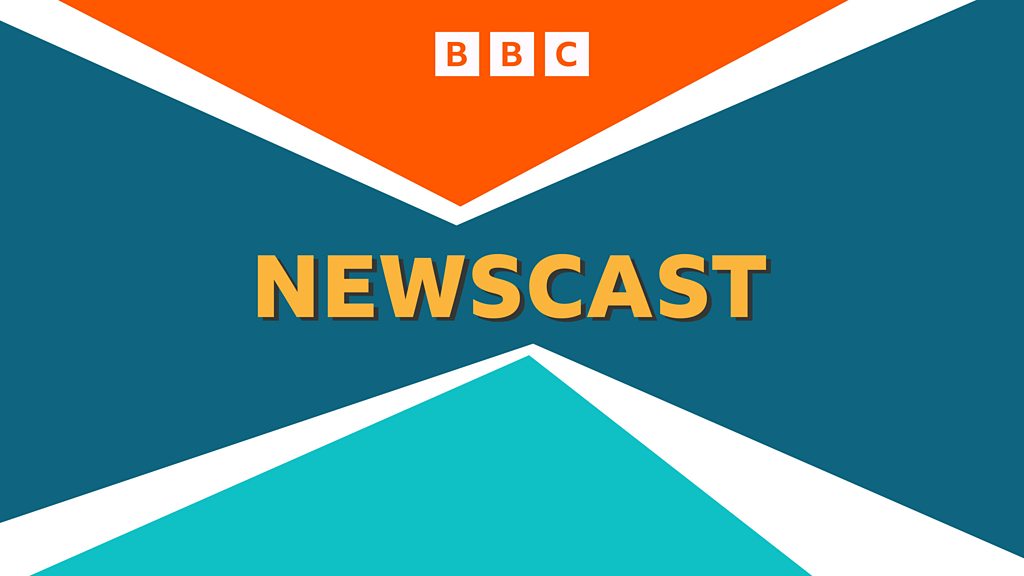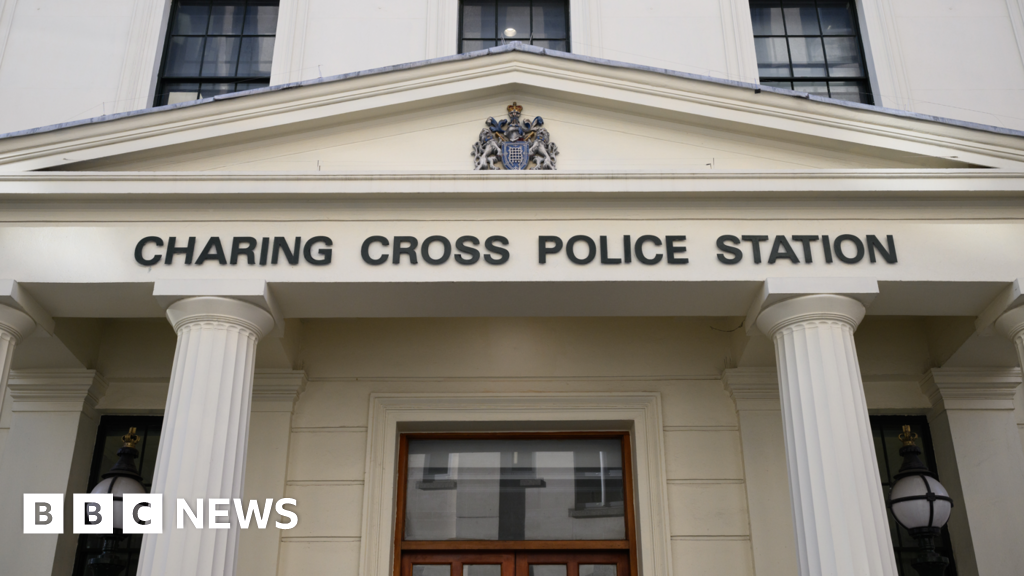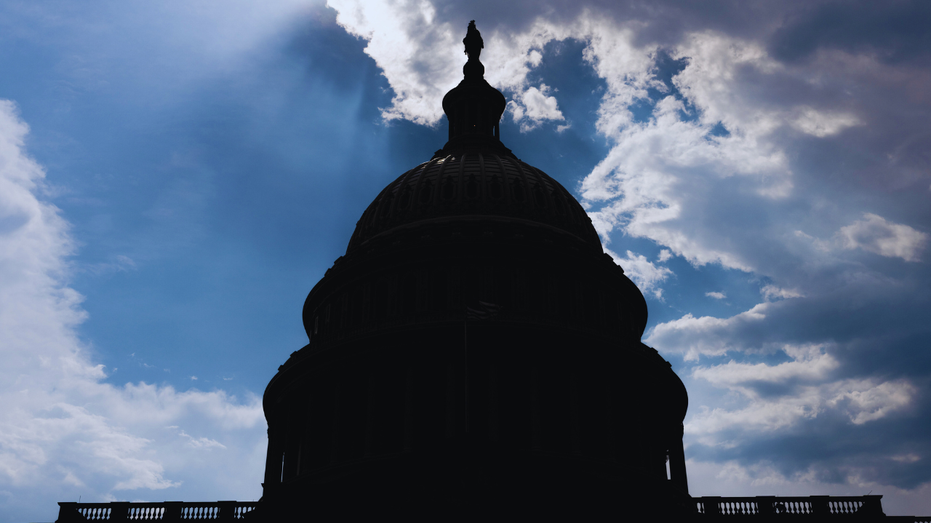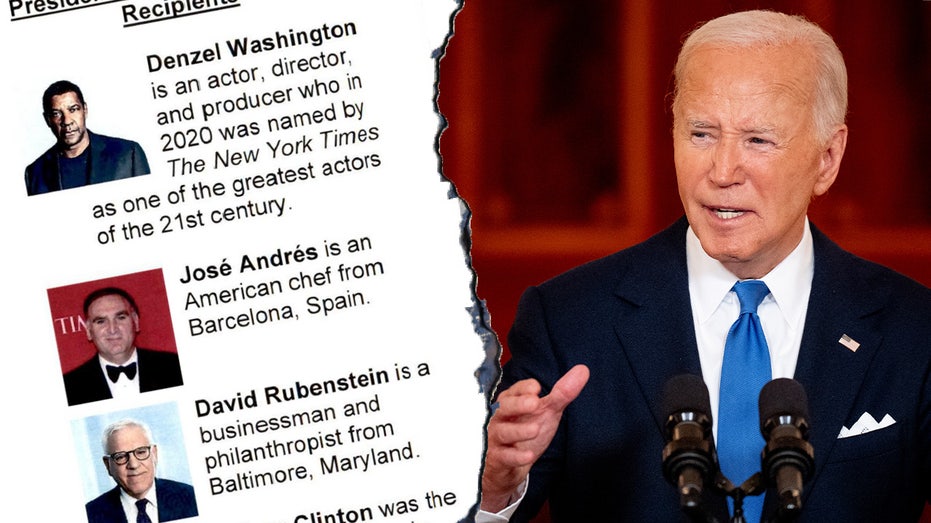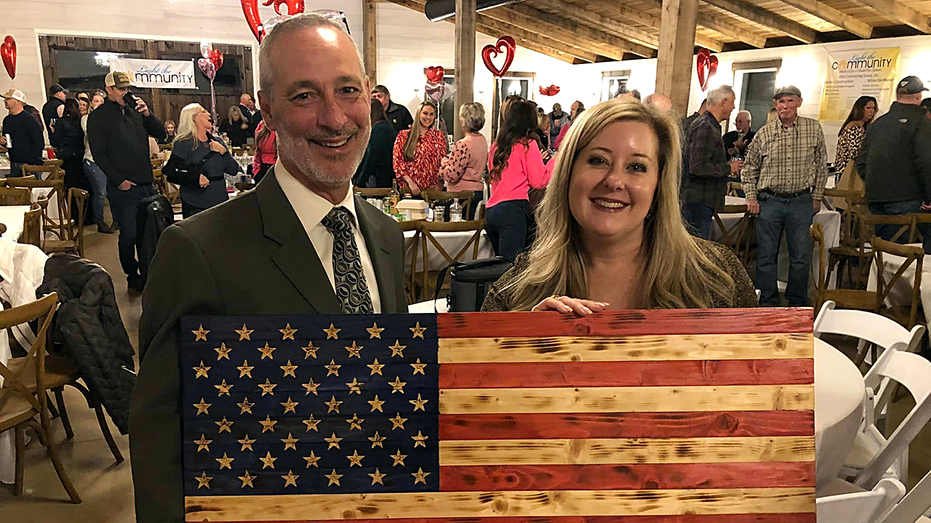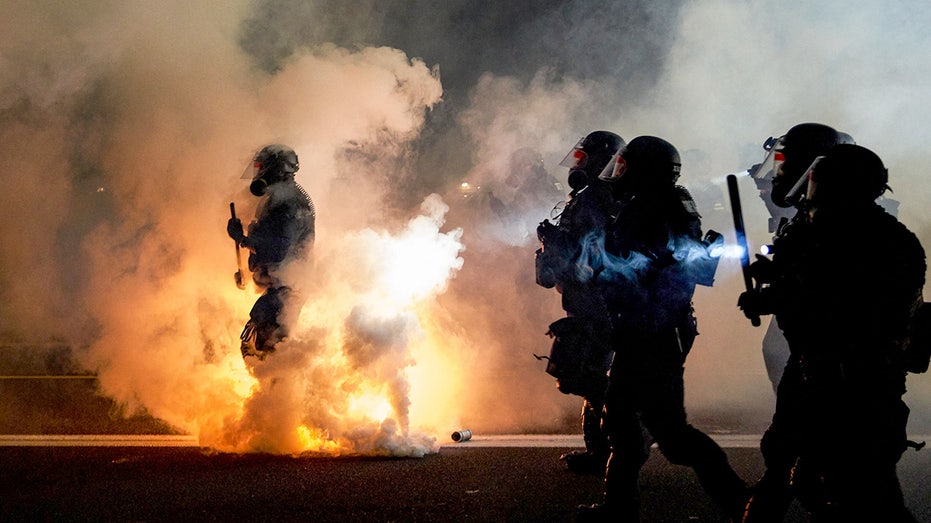Why the 2025 election was the “most poorly covered election in modern Canadian history”

In the first federal election since news was banned on Meta platforms, Canadians lost out, a new report finds.
The 2025 federal election was likely the “most poorly covered election in modern Canadian history” due to the erosion of local news and Facebook’s news ban, according to the Ottawa-based nonpartisan think tank Public Policy Forum (PPF). The report was produced with Rideau Hall Foundation and the Michener Awards Foundation.
“Unlike Americans, who vote directly for presidents, Canada’s parliamentary system means we vote for local representatives,” authors Tim Harper, Sara-Christine Gemson, and Alison Uncles write. “And while tariffs and annexation threats from U.S. President Donald Trump dominated the discourse in Canada’s 2025 federal election — along with concerns revolving around affordability and housing — a pan-Canadian election at its best means, in effect, 343 local elections.”
In a poll commissioned by PPF, 70% of Canadians said more local news in their area would have made them better informed about the election.
In the end, the election was a two-party battle. The vote for the major parties was the highest since 1958 at a combined 85%.
“Call Gina”
About 2.7 million Canadians have one or zero local media outlets. A separate study looking at the collapse of local news found that three of every five Canadian communities had a net loss of local media since 2008.
The province of Newfoundland and Labrador suffered the most, losing three-quarters of all its media outlets outside of the capital of St. John’s.
Residents in one electoral district — also known as a “riding” — in Newfoundland and Labrador told the authors that during the 2025 campaign, they didn’t see the candidates, nor did they read information about them. Their local newspaper The Packet was one of the outlets that shut down. It had stopped printing in March 2020 during the pandemic and permanently closed a year later in 2021.
“There’s nothing out there anymore,” the one-time editor of The Packet, Barbara Dean-Simmons, said. “It’s a wasteland.”
“You can watch the national debate on TV, but there’s no local of anything,” another resident says in the report.
What took the place of local news? Rumors, according to the report, including one that Conservative leader Pierre Poilievre would cut funding for an agency critical to the region’s economy.
“What did the local Conservative candidate, civil engineer Jonathan Rowe, have to say about this incipient controversy? Well, no one in Bonavista knew because no one asked him — there is no trusted local news in the towns of Bonavista or nearby Clarenville,” the report notes. “No local news at all, actually.”
The report notes that “many Conservatives across the country,” including Rowe, bypassed news media and “campaigned solely on social media.”
A local elected official said he has a more informal way of getting information out nowadays.
“If I want to make sure people know things in the town of Bonavista, Gina is one of the five or six people I text it to and say ‘please disperse this information,’” Bonavista mayor John Norman says in the report. (Gina is “a local entrepreneur who owns businesses ranging from an auto parts distributor to a year-round Christmas store.”) “She will disperse the facts. I’ve also got a few hairdressers and a barber on my list.”
A difficult transition for some
In Richmond, British Columbia, local news has not kept up with the growing population. (The city has 1.4 local news outlets per 100,000 people.) When Richmond News was founded in 1977, it was one of three daily newspapers in the city. Now, its two rivals have folded and the Richmond News — which has two reporters, only one of whom lives in the community — went fully digital in 2023.
Richmond News publisher Alvin Chow said the site receives an average of 500,000 unique visitors each month, but acknowledged he’s had difficulty bringing “old school” readers over to digital.
“After the 2023 move to digital, the Richmond News sponsored workshops in seniors’ homes to help them migrate. It didn’t work,” the report notes. Chow said six months after the newspaper ceased printing, he was still fielding calls from people complaining their paper hadn’t been delivered.
Meta’s decision to block news on Facebook and Instagram has not prevented Canadians from attempting to use the platforms as an information source.
“Remarkably, 70% of Facebook users and 65% of Instagram users still say they are using those platforms to get their news, even though there was no news on them,” according to the report. Another “14% said Facebook most contributed to their vote decision-making, despite no news being present on Facebook.”
A bright spot in Yellowknife
Yellowknife, the capital of the Northwest Territories, is described as “a fiercely independent and resilient city.” With seven local news outlets — more than it had in 2008 — Yellowknife also has a local media scene that would be the envy of many other Canadian cities.
The city has 33.6 news outlets per 100,000 people, making it — along with Whitehorse, the capital of Yukon — the best per capita rate of all Canadian communities surveyed in the report.
“Its highly engaged population has a voracious appetite for news, and plenty of local news outlets to sate it,” according to the report. “Residents say this need for news is fueled by the dominance of government in Yellowknife, coupled with its isolation and an attitude that if the community is not covered from within, no one else will do it.”
There are more than 60 people working in local journalism in the community of 20,000, the report found. Local news outlets include Cabin Radio, Yellowknifer, News/North, the French-language Radio Taïga, My True North Now, CKLB Radio, local CBC radio, and more.
“Yellowknife might be the most immune community when it comes to local news disappearing. I’m more worried about suburban Ontario than I am the North,” Cabin Radio editor-in-chief Ollie Williams says in the report. “My message to the rest of Canada is ‘worry about where you live, don’t worry about the N.W.T.’”
You can read the full report here.
What's Your Reaction?
 Like
0
Like
0
 Dislike
0
Dislike
0
 Love
0
Love
0
 Funny
0
Funny
0
 Angry
0
Angry
0
 Sad
0
Sad
0
 Wow
0
Wow
0



